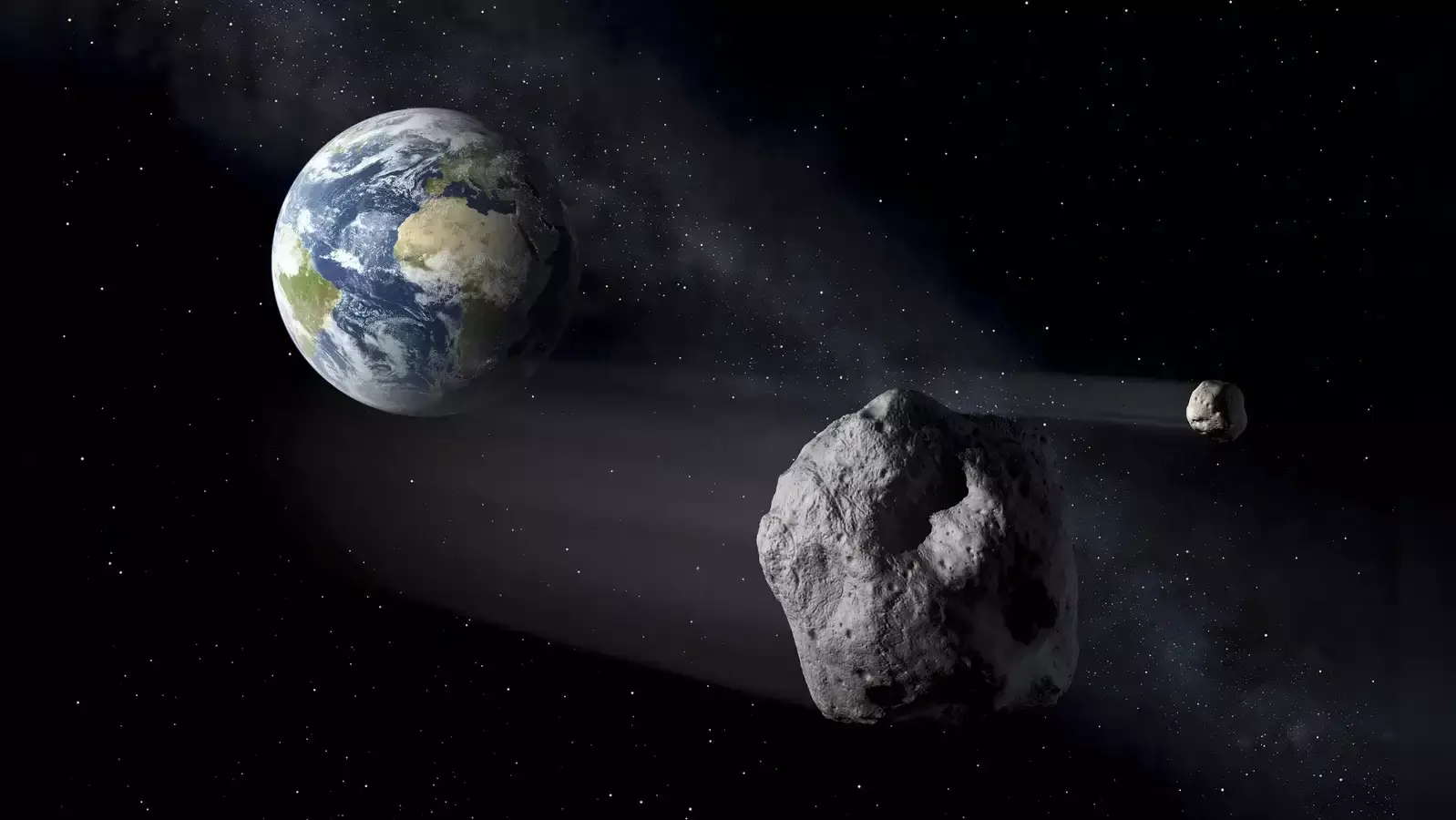
Christmas Eve Asteroid Alert: 120-Foot Space Rock Racing Toward Earth
With a size of 120 feet and a close approach on December 24, this asteroid will pass safely at a distance of 4.48 million miles.
Scientists are closely monitoring asteroid 2024 XN1, scheduled to pass Earth on December 24.
The asteroid measures approximately 120 feet and passes 4,480,000 miles away; that is 16 times the distance of the Moon and Earth. Moving at a great speed of 14,743 miles per hour.
This event is a “near miss,” say the scientists, who add that there is no danger at all to Earth in terms of the flyby. But asteroids like 2024 XN1 are important in understanding how the early solar system came to be. NASA is keeping a close eye on the asteroid, using state-of-the-art tracking technology to understand the path of this asteroid.
“This asteroid has no possibility of posing a threat, but its passage reminds everyone of the importance of continuing with planetary defence efforts.”
Asteroid 2024 XN1 is the largest of the next five asteroids that will make close approaches to Earth.
“This massive space rock, measuring around 120 feet in diameter, is being closely monitored by NASA’s Asteroid Watch dashboard, which tracks asteroids and comets making relatively close passes by our planet.”
The Asteroid Watch dashboard provides details about each object’s closest approach, including the date, size, and distance from Earth. By hovering over each asteroid’s encounter date, users can see more information about its size and proximity to Earth.
While 2024 XN1 is the biggest of the upcoming asteroids, scientists assure that none of these objects pose any threat to Earth.
“The dashboard helps keep the public informed and highlights the importance of monitoring space rocks for potential future risks.”
* * *
NEXT UP!
Scientists Reveal Exact Date Earth Is Set To Face ‘MASS EXTINCTION’
It’s nearly 2025, and what better way to celebrate another year on Earth than to find out the exact date it’s all going to end?
There has been so much talk throughout history about how the world will be destroyed, and while nobody has been able to definitively say how it’ll happen, new research believes it holds the key.
Well, according to a study conducted by the University of Bristol, we’ve got a few million years left until it’s over.
* * *
Read more:: Russian Scientists Stated In 1970 That Moon Is An Artificial Space Object
Telegram: Stay connected and get the latest updates by following us on Telegram!
We’d love to hear from you! If you have a comment about this article or if you have a tip for a future Collective Spark Story please let us know below in the comment section.


Look up at the skies!